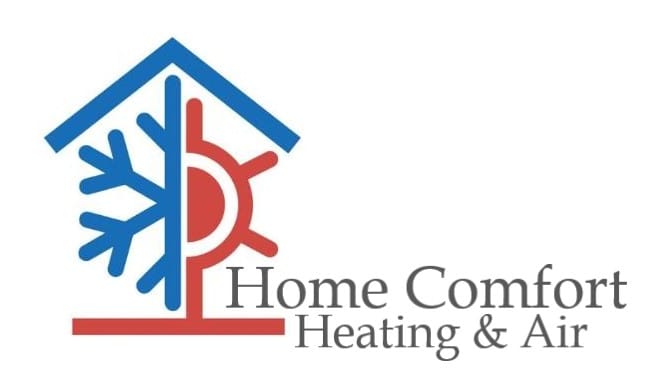
To combat increasing energy expenses and embrace sustainability, many homeowners are trying new methods to maintain comfort levels while using less energy. With help from the Inflation Reduction Act, federal tax credits are available for upgrading to more efficient HVAC systems, such as air conditioners. These credits offer a big chunk of the installation costs, provided that homeowners choose qualifying equipment and submit the appropriate form.
If you’re trying to avoid a long process, we can share something that will help! Home Comfort Heating & Air hopes this guide will give you everything you need to earn these HVAC tax credits in 2024. Here’s what you should know.
How Do These Tax Credits Work?
These valuable tax credits for energy-efficient home improvements are just one portion of the recent Inflation Reduction Act. Energy costs affect everyone, so helping homeowners upgrade to higher efficiency utilities can benefit everyone. The key provision of these credits is to reduce the cost of installing high efficiency upgrades. The two we’ll cover are the Residential Clean Energy Credit and the Energy Efficiency Home Improvement Credit.
But remember, in order to apply for the credits, you’ll need a completed IRS Form 5695. Additionally, this form has to be submitted for the same tax year your upgrades were installed, not bought.
Maximizing Savings with the Energy Efficiency Home Improvement Credit
Through 2032, the Energy Efficiency Home Improvement credit empowers homeowners by offsetting up to $3,200 every year for installing higher efficiency home upgrades. This equals 30% of the total project’s cost. It's important to note in order to be eligible for the maximum amount, you’ll have to make several investments. For example, you’ll get up to $2,000 for a new, high-efficiency heat pump. This can be paired with an additional $1,200 in credits for more projects in the tax year.
While new heat pump systems are a popular option for the tax credit, high-efficiency furnaces, air conditioners, boilers, and other HVAC systems are still eligible for this tax credit. You’ll need to confirm the make and model’s energy efficiency rating is high enough for eligibility.
Residential Clean Energy Credit
The Residential Clean Energy Credit offers 30% savings on a wide range of residential clean energy equipment upgrades. Eligibility is only extended to homeowners seeking to update existing or newly constructed homes. While the Home Improvement Credit highlights utilities and HVAC systems, this credit is more about renewable energy sources like solar and wind energy.
Some specific items in this tax credit include the requirement that installation must occur between 2022 and 2032. But at the same time, homeowners can use any excess credit to reduce taxes in future years. This is a great way to spread out costs and keep them more manageable.
What Else Is Eligible for These Tax Credits?
Because HVAC systems are one of the biggest portions of your monthly energy costs, these tax credits incentivize the most energy-efficient options. But home energy efficiency can be improved in lots of other ways. Apart from the previously listed HVAC upgrades, {you could also choose|other eligible items include|you also have access to:
- Energy-saving heat pump water heating systems
- Electrical panel upgrades
- Upgraded electrical wiring
- Enhancements to insulation, air sealing, and ventilation
- High-efficiency electric stoves, cooktops, ranges or ovens
- Heat pump clothes dryers
- High-efficiency water boilers
Like the HVAC systems, you’ll need to check that your preferred make and model features the required energy efficiency ratings.
Three Tips for Making the Most of 2024 HVAC Tax Credits
While all the listed upgrades can enhance your home's energy performance, some planning ahead will ensure more long-term benefits. Maximize your HVAC tax credits with these three tips:
- Perform an energy audit to pinpoint valuable enhancements. Rely on professional HVAC assessments for crucial advice.
- Improve your home's thermal efficiency with better windows and doors.
- Look into rebates for clean energy projects from utilities. Renewable sources like solar, wind, and geothermal contribute to community power grid sustainability.
- Remember to consider financing plans offered by service providers.
Home Comfort Heating & Air Can Help You Secure HVAC Credits for 2024
Partner with local HVAC professionals like Home Comfort Heating & Air for help with home energy audits and new installation projects. Our experienced installers can deliver whatever you need for a more energy-efficient home.

